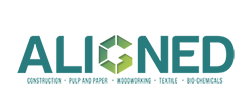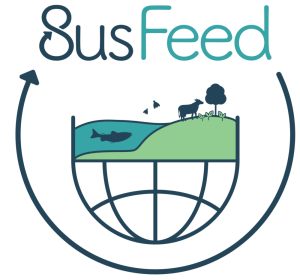HARMONITOR project
This project ends on: 31/05/2025

Harmonisation and monitoring platform for certification schemes and labels to advance the sustainability ofbio-based systems
The HARMONITOR project will improve the effectiveness of sustainability certification schemes and labels (CSLs) in various sectors of the EU bioeconomy and strengthen their possible use as a co-regulation instrument within the EU Bioeconomy policy framework. The project will also establish and test a participative review platform concept to help CSLs to find commonalities and cooperation when operating in bio-based value chains within and across EU borders. The goal of this platform is to promote continuous improvement of CSLs and continuous knowledge of these dynamic developments by market actors.
Contacts:
Sergio Ugarte: s.ugarte@sqconsult.com
Costanza Rossi: c.rossi@sqconsult.com
Monique Voogt: M.Voogt@sqconsult.com
website: https://www.harmonitor.eu











